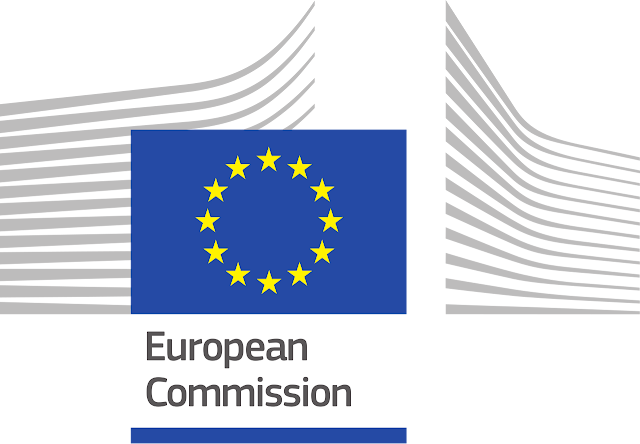Skip to main content
Europe Proposes Sweeping Regulations for Digital Platforms
- The European Union has officially unveiled new legislation as part of a major policy reboot that attempts to rein in big tech companies, tackle illegal content and anticompetitive behaviour, and suspend, block or reverse tech giants' decisions and impose hefty fines for noncompliance.
- The sweeping regulations, Digital Services Act (DSA) and Digital Markets Act (DMA), seek to make platform owners more accountable for illegal and harmful activity, and ensure internet businesses in "gatekeeper" roles behave in a fair way online.
- The rules require companies that have a strong market position to build effective safeguards for users, allow third-parties to inter-operate with the gatekeeper's own services, permit users to uninstall any pre-installed software or app from devices, and not treat their own services and products more favourably in ranking than similar services or products offered by third-parties.
- It also entails identifying sellers so that rogue traders can be tracked down, being more transparent with users on how algorithms make recommendations, and promptly taking down illegal content such as hate speech, while safeguarding freedom of speech.

- Failure to comply to these laws could result in fines as high as 6% (DSA) or 10% (DMA) of the companies' worldwide annual turnover, and even ultimately forcing the firms to break up in case of systematic infringements (if fined three times within five years).
- While the EU has been at the forefront of tech regulation, with new data privacy laws like GDPR established in 2018, the two new strands of regulation easily amount to the biggest possible expansion of global tech regulation in decades. They aim to overhaul existing laws that have largely shielded tech companies from repeated privacy violations and liability for users' illegal activities, while also fostering a new set of competition rules for a handful of digital giants that have been accused of wielding their control of online marketplaces to entrench their own positions and snuff out competitors.
- The EU competition authority's draft proposals are expected to be voted on by the European parliament and the Council of Ministers, although there's no timetable yet for when they will exactly come into force.


Comments
Post a Comment